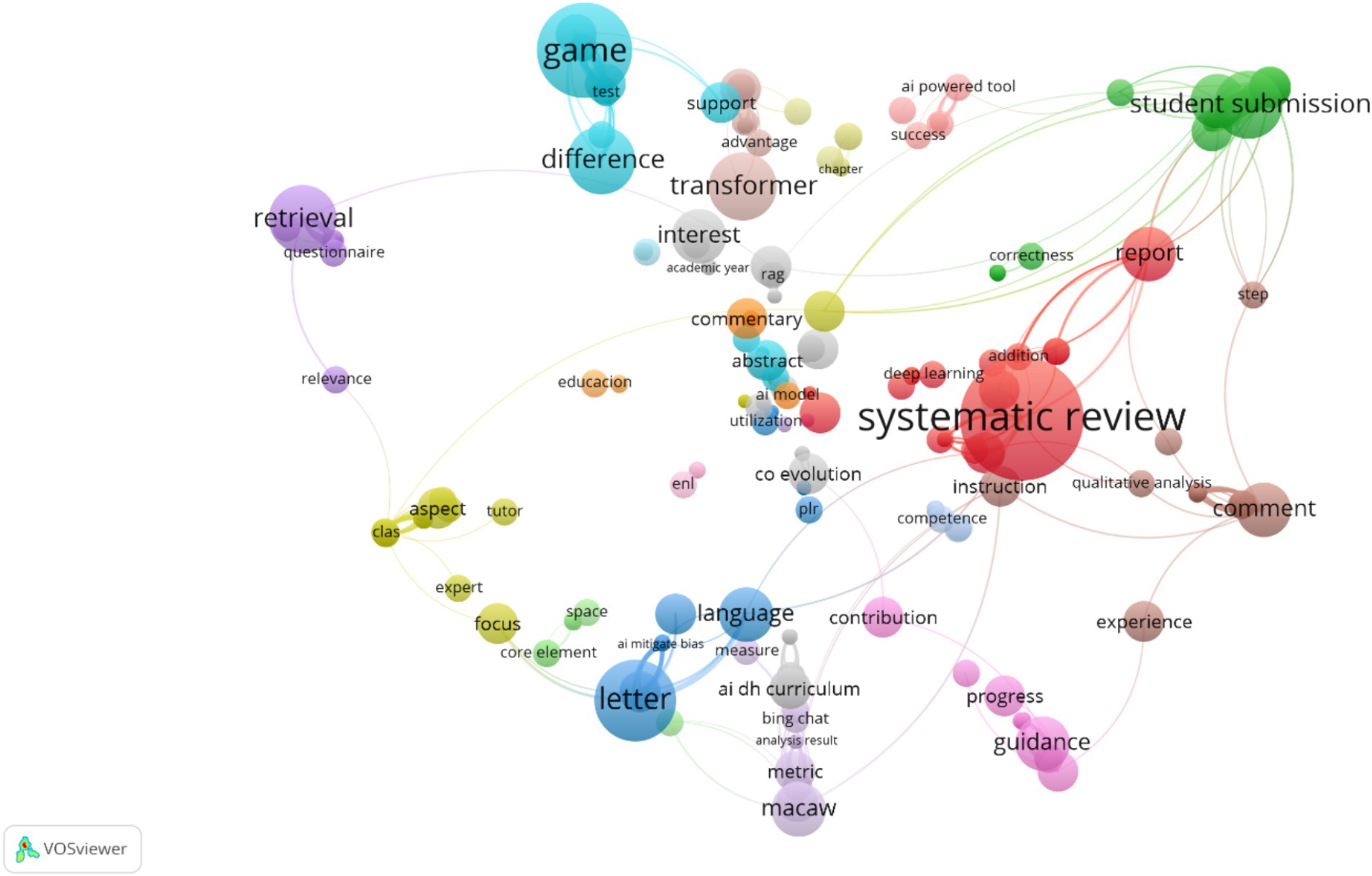
A novel large language model (LLM) named Chemma is set to revolutionize AI’s involvement in organic chemistry by providing a quicker and more astute approach to predicting reactions and planning syntheses. Although the prospective advantages are significant, some chemists recommend caution, cautioning that researchers ought not to “blindly” depend on these technologies.
The realm of molecular synthesis, encompassing drug discovery and the development of sustainable materials, continues to be a laborious and protracted endeavor. The expansive chemical landscape and molecular intricacy render systematic exploration difficult. “Crafting efficient, selective reactions [is] significantly reliant on expert intuition and trial-and-error,” asserts Yanyan Xu from Shanghai Jiao Tong University. The main hurdle lies in the necessity to empirically evaluate multiple conditions to pinpoint the successful ones.
Xu elaborates, “LLMs, such as GPT-4 and Llama, have already gained the ability for general knowledge question answering. If a general-purpose LLM is fine-tuned on a substantial amount of specialized chemical knowledge, [we speculated if we could expedite the synthesis process].”
### Llama-driven chemistry
Xu’s team refined Chemma from the Llama-2-7B model, training it with more than 1.28 million question-and-answer pairs sourced from public chemistry datasets. This training encompassed predicting reaction results, retrosynthesis for target molecules, and proposing optimal reaction conditions.
Chemma functions within an active learning cycle, proposing new conditions informed by previous experiments. This entails cycles of trial and error and feedback from chemists to hone in on the most effective experiments, thereby enhancing its performance without testing every possibility.
In one instance, Chemma determined optimal conditions for an unreported Suzuki–Miyaura cross-coupling reaction with merely 15 experimental runs, yielding a 67% outcome. In conventional methods, optimizing such a reaction typically demands hundreds of trials over several weeks, indicating a remarkable acceleration in reaching conclusions.
“Chemma is a beneficial application that incorporates an unusual multi-stage training methodology,” observes Kevin Jablonka from Friedrich Schiller University Jena, though he was not part of the study. He highlights the difficulty in real-world applications of advancing beyond single-step predictions to long-term strategic planning, a challenge that current models still encounter.
“Its efficacy is further validated by successful laboratory tests,” states Joshua Schrier from Fordham University, another outside analyst.
Chemma excels beyond existing models in tasks like single-step retrosynthesis and precise yield forecasting. Most traditional methods depend on computationally intensive and time-consuming quantum-chemical calculations for molecular simulations. Chemma bypasses these by absorbing chemical reasoning from data alone, facilitating immediate predictions and significantly lowering costs and time, especially for novel challenges.
### Chemistry LLMs encounter scrutiny
The triumph of Chemma occurs amidst criticisms of LLMs for tendencies such as result fabrication (hallucination) and deficiencies in chemical intuition and complexity. This prompts a fundamental inquiry: can LLMs be relied upon in labs, and what ramifications could they have for the future of human chemists?
Joshua Schrier advises, “I appreciate the classic shop safety motto: ‘This machine has no brain, use your own.’ LLMs produce a probabilistic sample of outputs. They do not verify facts or apply logic. It is the responsibility of the human user to interpret these outputs accurately.”
One advantage of Chemma, as underscored in research, is its function as a supplementary instrument rather than a substitute for human expertise. Nonetheless, certain studies indicate that dependence on LLMs may lead to a decrease in critical thinking. Jablonka emphasizes that the scientific community should refrain from over-reliance on a singular research strategy.
He adds, “We must remain vigilant against centralization of power and knowledge tendencies. Transparency, varied research methods, and open communication are vital.”
In spite of these hurdles, Schrier acknowledges the enduring presence and usefulness of LLMs as supporting tools in chemical decision-making processes, stressing the importance of equipping students with the skills necessary for effective and critical tool utilization.